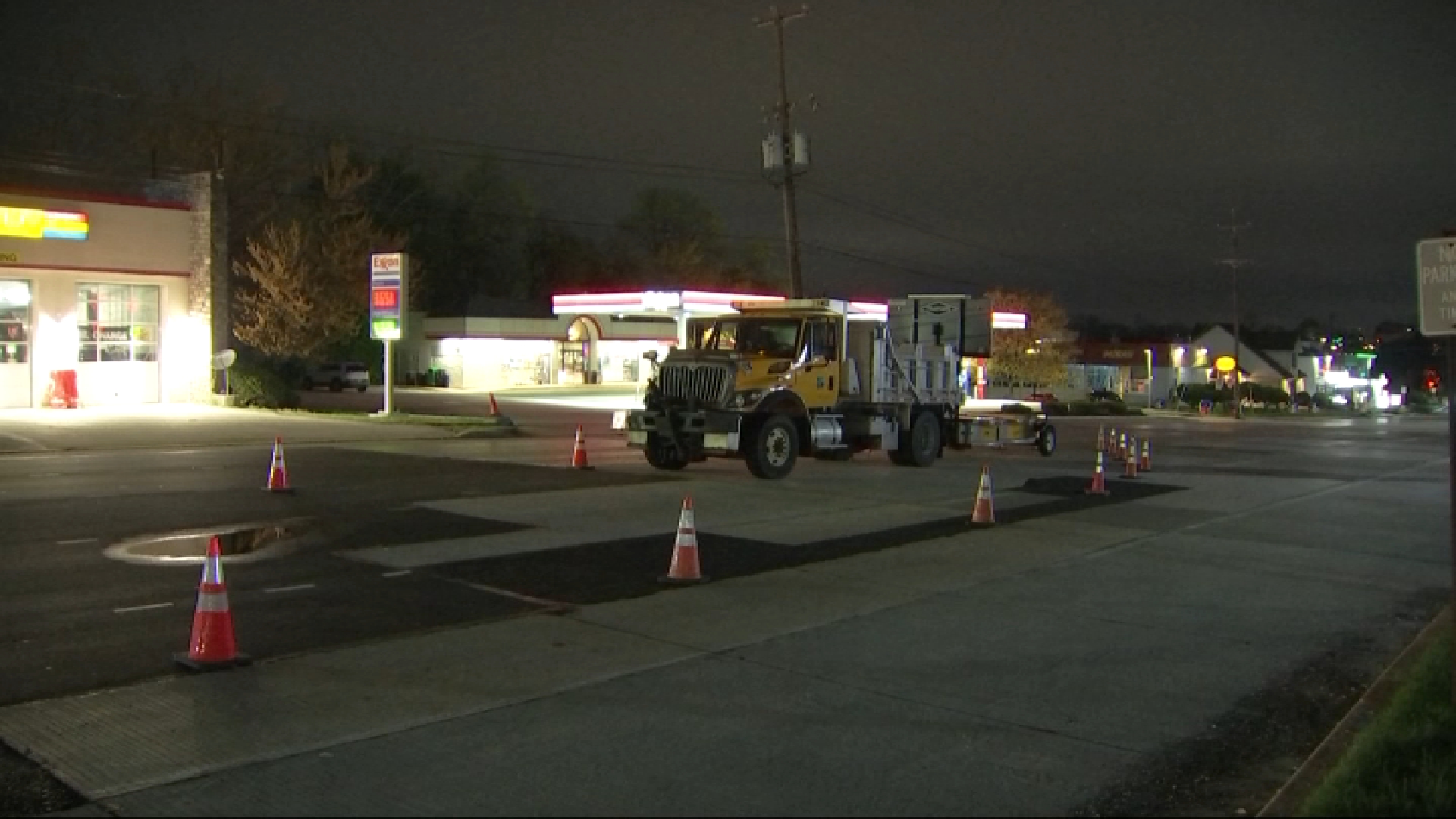SEPTA wants to go into the energy business by building its first power plant.
The natural gas-powered facility, proposed for a parcel of land adjacent to the Wayne Junction Station and Midvale bus depot in Nicetown, would provide enough energy to run the transit agency's northern Regional Rail lines.
The transit agency is touting the plant as a part of its broad sustainability efforts, through guaranteeing a part of the transit system uses natural gas instead of coal-generated electricity, and lowering the chance of a power outage from reliance on an external grids.
But on the eve of a vote Thursday by SEPTA's governing body, activists with an environmental group said they will swarm the meeting in hopes of delaying the $35 million project.
"Going after this plant is part of a larger campaign to have SEPTA go fossil-free," Laura Cofsky of the group 350Philadelphia said Wednesday. "One of our concerns now is SEPTA has admitted that if this plant goes well, it'll be a pilot plant for possibly two other plants."
Cofsky said the group is equally concerned with "an immediate threat to the Nicetown community," which she described as already "very polluted."
A SEPTA spokeswoman defended the agency's community outreach and its ongoing notice to the public of its plans for a gas plant.
Local
Breaking news and the stories that matter to your neighborhood.
"We've been totally pro-active about this with the community," spokeswoman Carla Showell-Lee said.
While activists may be haranguing SEPTA for the proposal, the agency has pushed for its first power plant as part of its broad sustainability planning.
The natural gas-powered facility would replace an antiquated PECO transformer plant at the same location. That plant feeds off of the public utility's electricity grid.
Owning a power plant that runs on natural gas, presumably pumped in directly from nearby refineries that themselves are fed by the region's Marcellus Shale reserves, would also prevent a large portion of SEPTA's rail system from shutting down in the event of a PECO power outage.
The proposal itself is based on an audit performed in the last year that expects the project to pay for itself in energy-cost savings over the next 17 years, according to an analysis provided to SEPTA by the company that would operate the plant.
The audit by NORESCO found that its operation of the plant combined with cheaper energy generated "will allow SEPTA to fund the entire cost of the project through guaranteed energy and operating costs reductions."
NORESCO is a Massachusetts-based energy services company that provides cost-saving analyses and upgrades as well as what it describes as "build-own-operate-maintain" (BOOM) services.
SEPTA would enter into a 20-year contract with NORESCO to build and operate the gas plant, according to the resolution on the board agenda.



